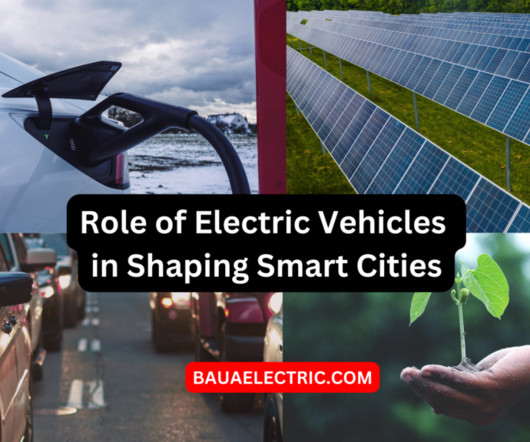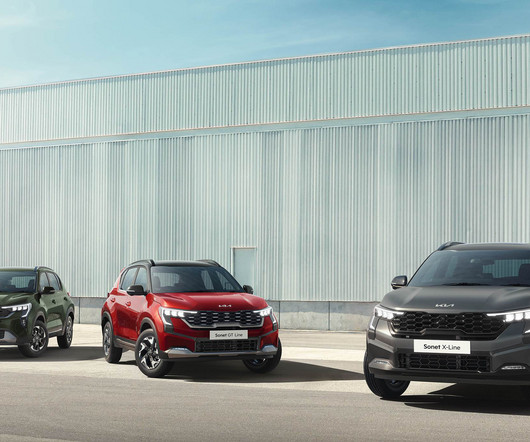Euro Parliament Environment Committee approves 147 g CO2/km target for light commercial vehicles by 2020; caps van speed
Green Car Congress
MAY 7, 2013
Members of the European Parliament’s Environment, Public Health and Food Safety Committee approved a draft law setting out rules for achieving a 147 g CO 2 /km (235 g/mile) target for new light commercial vehicles by 2020, down from 203 g/km (325 g/mile) today—i.e., Climate Change Emissions Europe Fuel Efficiency Policy'





















Let's personalize your content